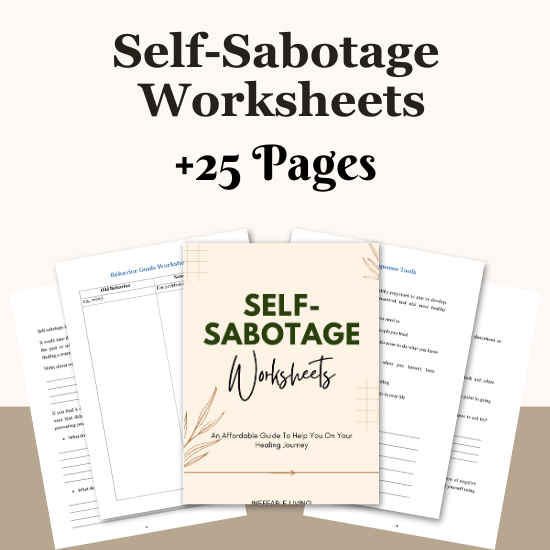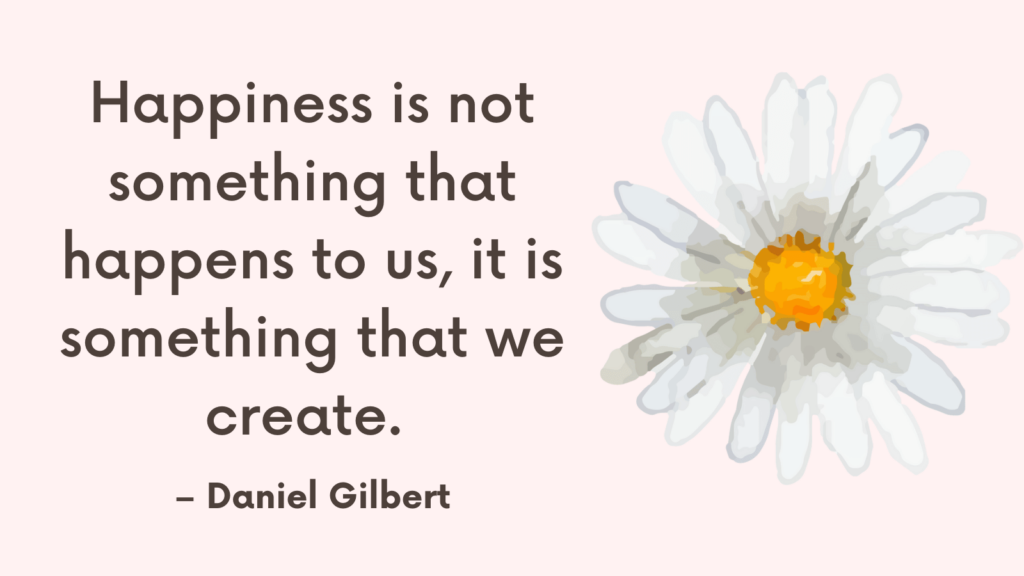This post contains the top reasons you’re feeling unfulfilled in life as well as helpful tips to find fulfillment.
Top 10 Reasons You’re Feeling Unfulfilled In Life
It’s not uncommon for individuals to experience a sense of unfulfillment in life, and understanding the underlying reasons for this feeling is an important step toward finding greater satisfaction and purpose.
Here are some potential reasons why you may be experiencing this sense of dissatisfaction:
1. Lack of Meaning and Purpose
Feeling unfulfilled often stems from a perceived lack of meaningful goals or a clear sense of purpose in life.
When individuals struggle to find a sense of direction or purpose, they may experience a sense of emptiness and detachment.
2. Unmet Expectations
Unrealistic expectations about oneself, others, or life circumstances can lead to feelings of disappointment and unfulfillment.
Comparing one’s own life to idealized standards or societal norms can foster a sense of inadequacy and disillusionment.
3. Relationship Strain
Turbulent or unsatisfying relationships, whether romantic, familial, or social, can significantly impact one’s overall sense of fulfillment.
Disconnection, conflict, or loneliness within relationships can contribute to feelings of emptiness and discontent.
Related: 10 Questions to Discover Your Life Purpose (+FREE Finding Your Purpose Worksheet PDF)
4. Lack of Personal Growth
Individuals may feel unfulfilled if they perceive a stagnation or lack of personal development in their lives.
Without opportunities for learning, growth, or self-improvement, a sense of monotony and dissatisfaction can arise.
5. Unaddressed Mental Health Challenges
Symptoms of anxiety, depression, or other mental health concerns can diminish one’s capacity for experiencing fulfillment and joy.
Untreated mental health issues can color one’s perception of themselves and the world around them.
6. Work Dissatisfaction
Spending the majority of waking hours in an unsatisfying or unfulfilling job can heavily impact overall well-being.
A lack of fulfillment in one’s career or vocation can permeate into all aspects of life, leading to a pervasive sense of dissatisfaction.
Related: Soul Alignment: How to Reconnect With Your Essential Self & Find Your Purpose?
7. Decisions Misaligned with Values
Engaging in activities or making life choices that are incongruent with one’s core values can create internal conflict and a lack of fulfillment.
Living a life that feels out of alignment with one’s deeply held beliefs can lead to a sense of disconnection from oneself.
8. Isolation and Lack of Community
Feeling disconnected from a supportive community or experiencing profound loneliness can undermine feelings of fulfillment and belonging.
Human connection and a sense of belonging are fundamental to a fulfilling life.
9. Financial Stress
Struggling with financial difficulties or instability can lead to chronic stress and worry, which can significantly impact one’s overall well-being and sense of fulfillment.
10. Existential Questions
Contemplating existential questions about the nature of life, mortality, and the universe can sometimes lead to feelings of existential angst and unfulfillment, particularly if there is a lack of resolution or understanding.
Understanding these potential reasons for feeling unfulfilled is a crucial first step toward addressing and overcoming these challenges.
Related: Best 10 Books On Finding Your Purpose
How to Find Fulfillment In Life?
While the path to fulfillment is unique for each person, there are several evidence-based strategies and principles that can help guide you toward a more meaningful and satisfying life. Here are some key approaches to consider:
1. Identify Your Core Values
Reflect on the values that are most important to you.
These may include qualities such as compassion, integrity, creativity, or connection.
Living in alignment with your core values can bring a deep sense of purpose and fulfillment.
2. Set Meaningful Goals
Establish clear and achievable goals that are personally meaningful to you.
Whether they pertain to career, relationships, personal growth, or contribution to others, working toward these goals can provide direction and motivation.
3. Cultivate Gratitude
Regularly acknowledge and appreciate the positive aspects of your life.
Practicing gratitude, perhaps through journaling or daily reflection, has been linked to greater well-being and life satisfaction.
Related: Top 10 Exercises to Cultivate an Attitude of Gratitude
4. Explore Your Passions
Engage in activities that bring you joy and fulfillment.
Whether it’s a hobby, a form of creative expression, or a cause you’re passionate about, investing time in these pursuits can enhance your sense of purpose.
5. Build Meaningful Relationships
Cultivate supportive and authentic connections with others.
Healthy, fulfilling relationships contribute significantly to overall well-being and happiness.
6. Practice Mindfulness
Incorporate mindfulness practices, such as meditation or mindful awareness, into your daily routine.
Mindfulness can help you cultivate present-moment awareness and a deeper appreciation for life.
Related: Best 6 Mindfulness Exercises For Beginners (+FREE Resources)
7. Contribute to Others
Look for opportunities to contribute to the well-being of others and the community.
Acts of kindness and service can foster a sense of connection and purpose.
8. Seek Personal Growth
Engage in ongoing learning and personal development.
Acquiring new skills, pursuing education, and challenging yourself intellectually can lead to a sense of accomplishment and growth.
9. Maintain Physical Health
Attend to your physical well-being through regular exercise, good nutrition, and sufficient rest.
Physical health is interconnected with emotional and psychological well-being.
10. Manage Stress Effectively
Develop healthy coping strategies for managing stress and maintaining emotional resilience.
Stress management techniques such as deep breathing, yoga, or progressive muscle relaxation can be beneficial.
Related: Half-Smiling Technique to Reduce Emotional Distress

Conclusion
By incorporating these principles into your life, you can begin to cultivate a deeper sense of fulfillment and purpose.
Remember that the journey toward fulfillment is a continual process of self-discovery and growth, and it’s okay to seek support along the way.



